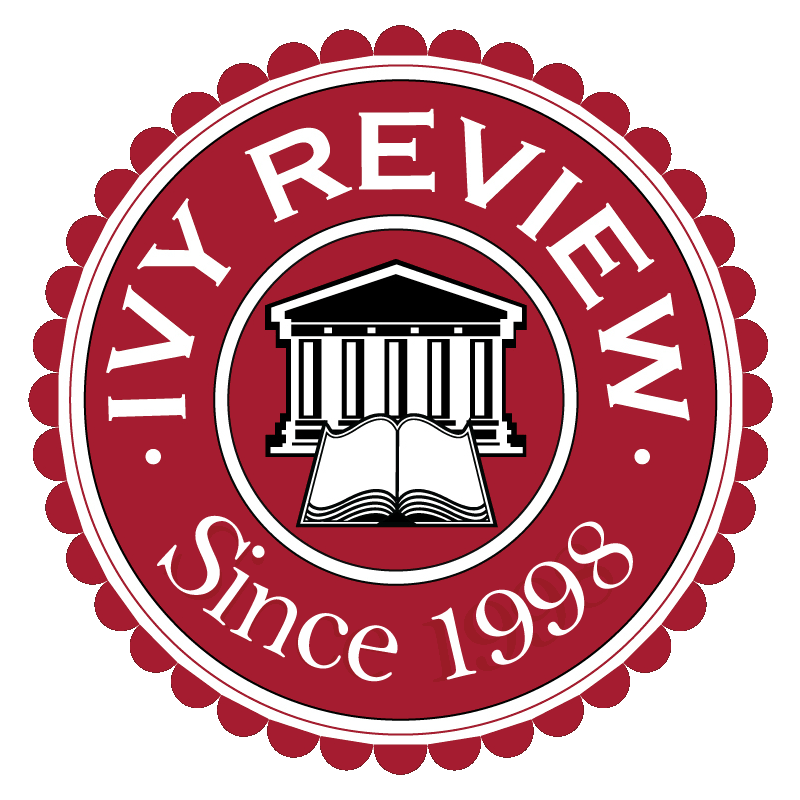If you are a rising junior, you are probably choosing colleges this summer.
Picking the right colleges is super important. It has a direct outcome on the 4 years of your life at college as well as a significant influence on the rest of your life in terms of where you live, which career you end up with, how much impact you have on society, and of course, what kind of salary you make.
However, parents and students spend less time on selecting colleges than they might spend on buying a new car. Here are some common mistakes I see when it comes to college selection.
Sports
Kids often get attracted to colleges that have a strong sports showing, for example, in March Madness or a College Football Bowl. Applications routinely spike up at schools that do well in sports in a given year. For this year that might be March Madness successes such as University of North Carolina Chapel Hill, University of Oregon etc. I don’t think we have to talk about this strategy - unless you plan to play an NCAA sport, this is clearly the wrong way to pick a college.
U.S. News & World Report Rankings
I didn’t really mean to pick on kids, so now I can take a swipe at parents to even things out. I can’t tell you how many times parents talk to me about the U.S. News & World Report rankings. These reports are certainly useful, but unfortunately, they don’t consider important aspects such as the quality of education and the success in the industry or society. A universitythat rejects a lot of applications, has high graduation rate, and a well compensated faculty is going to have a "good reputation." For specific categories such as engineering, it’s even less useful. The rankings are simply based on judgements of deans and senior faculty at peer institutions. It’s like an investor relying solely on interviewing Walmart managers to figure out whether to buy Amazon stock!
Recruiting
Direct mail, college fairs, seminars are all ways colleges aggressively market themselves to you. Even if you don’t have a shot at being selected, you will be encouraged to apply. Why do colleges do this? Are they trying make a buck or two on application fees? Not really; the more applications they get, the more they can reject. And that makes them more selective and raises their rankings in lists such as U.S. News & World Report. See how the whole system works? Again, relying solely on these marketed reports is not the right way to go.
High School Counselors
Most high school counselors I know are very competent and knowledgeable. So why am I putting them on this list of mistakes? Typically a high school counselor is stretched very thin - they might be working with 300 (private) to 1,000+ (public) students. Unless you have a special connection with the counselor, you are probably going to get generic one-size-fits-all advice.
Naviance
Naviance is great, but has its limitations. First, it can only consider numbers. It can’t really look at other factors such as your extra-curricular activities, awards, volunteer hours, recommendations, essays, etc. that can affect up to 30-40% of the college applications. In addition, Naviance over-emphasizes your standing in your school. While colleges consider your rank in your school quite important, they also consider that you are competing with other students in your region, state, country and the world. For these reasons, please don’t rely just on Naviance.
OK, we’ve looked at the common mistakes parents and kids make when it comes to college selection. So how should you pick colleges? It’s got to be a lot more strategic. You need to look at the quality of education. You need to see the probability of your application standing out based on your entire application and not just numbers. You need to visit the college and ask the right questions. You need to ensure that the college fits your personality and preferences. If you are in the middle of this process and need help, sign up for One Hour Consultation here.
